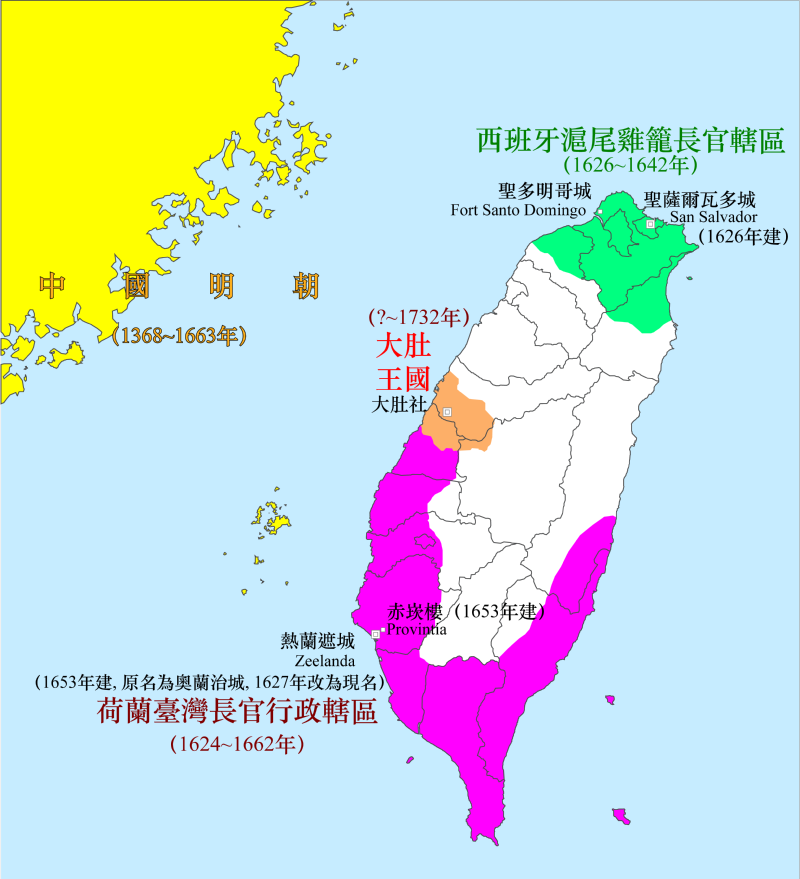The history of Dutch Formosa is not foreign to most Taiwanese people.
From 1624 to 1662, part of Taiwan was under the colonial rule of the Dutch Republic and the Dutch East India Company (VOC), serving as the trading partner with the Ming Empire in China and the Tokugawa Shogunate in Japan.
Fast-forwarding to the present day, nearly four centuries after the Dutch made their first presence felt in Taiwan, and Taiwan’s impression of the Netherlands other than their colonial history might not extend far beyond tulips, windmills, and clogs.
However, the connection between the Netherlands and Taiwan is much deeper than you might think.

Growing Trade and Economic Activities
The Netherlands is now a major economic partner of Taiwan.
Last year, the Netherlands was the 10th largest trading partner of Taiwan (the 9th largest import partner; and the 11th largest export destination).
In regards to investments by the Netherlands, these have been increasing steadily.
Last year, the Netherlands contributed the largest source of foreign direct investment (FDI) in Taiwan overall.
Most of these investments went into high-tech firms, specifically the semiconductor industry.
ASML, the largest global supplier of photolithography for the semiconductor industry, constitutes a major part of these investments.
Circular Economy and Green Energy
Besides the high-tech sector, cooperation in the circular economy between the two countries has been growing since the Taiwanese government made circular economy part of its national economic policy in 2016.
The Netherlands, already at the forefront of the concept of circular economy, has been working closely with Taiwan Construction Research Institute to promote the concept further, and to promote the wider practice of circular economy in Taiwan.
The rapidly developing offshore wind energy industry in Taiwan also sees Dutch involvement.
More than 10 Dutch companies have invested in this field in Taiwan so far.
Earlier this year, a training program funded by the Netherlands was set up in collaboration with various Taiwanese partners to train local offshore-wind-energy talent; a critical aspect in the development of this industry.
致贈荷蘭國花鬱金香。.jpg)
Addressing Societal Challenges
Dutch-Taiwan collaboration has also extended to addressing societal challenges.
As both countries are facing an aging demographic, elderly care is gaining importance and requires renovation.
In 2018, a joint venture called Taiwan Home Nursing, a nursing home company that adopts a new organizational nursing home structure was co-founded by Buurtzorg, a Dutch healthcare organization that has revolutionized elderly care to allow the elderly to lead a normal life in the community, instead of going into special homes.
Nearly four centuries after the first Dutch contact with Taiwan, the relationship between the two countries has shifted from a unidimensional colonial relationship to a multidimensional system of cooperation.
Such changes could perhaps be best demonstrated by the change of the name of the de-facto Dutch embassy in Taiwan.
Earlier this year, the Taipei Economic and Cultural Office was renamed the Netherlands Office Taipei, which not only symbolized the expansion of Dutch-Taiwan cooperation today, but the massive potential in the years ahead.
致贈荷蘭國花鬱金香。-800x430.jpg)










Comments are closed.